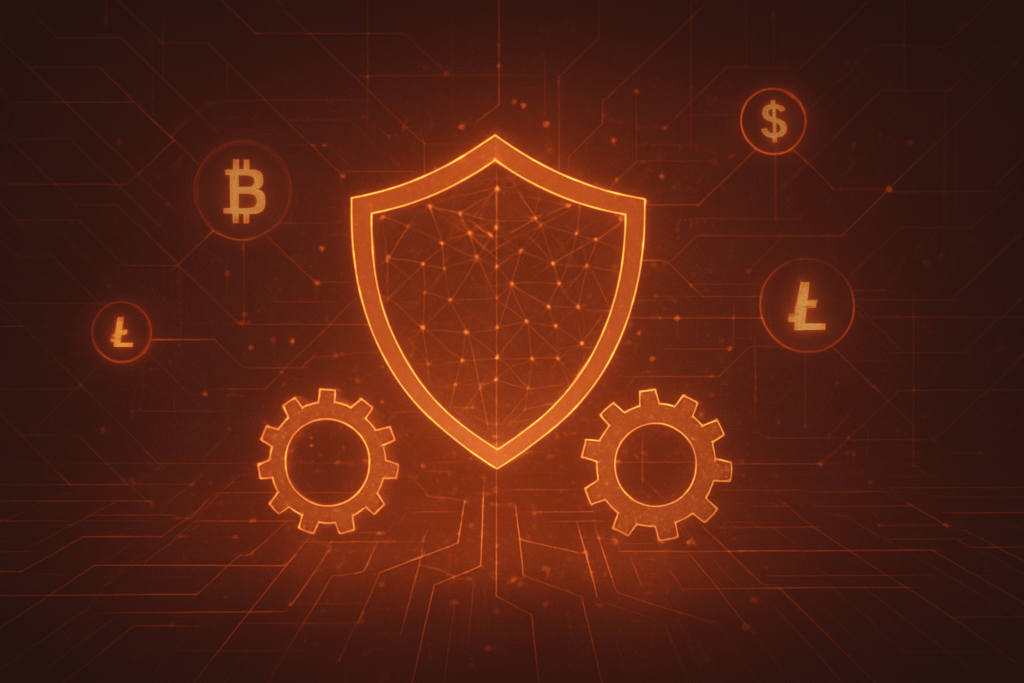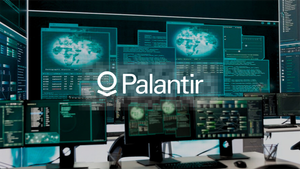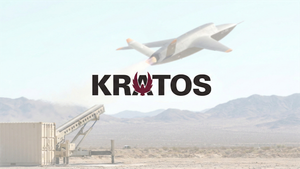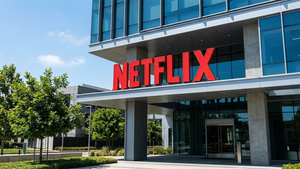
Brussels, Belgium – November 3, 2025 – In a pivotal development for the European cryptocurrency landscape, ZeroHash Europe officially announced on November 3, 2025, that it has received its Markets in Crypto-Assets Regulation (MiCAR) license from the Dutch Authority for the Financial Markets (AFM). While the authorization itself was granted on November 2, 2025, the public disclosure today marks a significant milestone, empowering ZeroHash to offer fully regulated crypto and stablecoin services across the entire European Economic Area (EEA), encompassing 30 EU countries.
This landmark approval has immediately resonated across the crypto ecosystem, signaling a profound shift towards regulatory clarity and institutional adoption within Europe. The news has been met with a blend of optimism for mainstream integration and a nuanced discussion around potential market centralization. Coming amidst reports of a potential acquisition by global payments giant Mastercard (NYSE: MA), valued between $1.5 billion and $2 billion, ZeroHash's MiCAR authorization underscores the strategic value of compliant infrastructure in the rapidly evolving digital asset space. This development is not just a win for ZeroHash; it represents a critical step in legitimizing crypto and stablecoins for broader institutional and enterprise use across one of the world's largest economic blocs.
Market Impact and Price Action
As of November 3, 2025, the immediate aftermath of ZeroHash’s MiCAR approval is still unfolding, making a definitive analysis of specific price movements, trading volumes, or liquidity changes premature. The market requires time for this significant regulatory development to be fully digested and reflected in asset valuations. Unlike a sudden token listing or a major hack, regulatory approvals, while impactful, tend to have a more gradual and systemic influence on market dynamics, particularly for infrastructure providers like ZeroHash rather than direct-to-consumer tokens.
However, the long-term implications are expected to be substantial. MiCAR’s stringent requirements for stablecoins, categorized as Asset-Referenced Tokens (ARTs) and E-Money Tokens (EMTs), will likely lead to increased scrutiny and potentially greater stability for compliant stablecoins like EURT or regulated USD-pegged alternatives operating in Europe. The increased regulatory certainty could attract more institutional capital into the European crypto market, potentially boosting overall liquidity and reducing volatility over time as the market matures. Comparisons to past regulatory events suggest that while initial price spikes are rare, a sustained period of regulatory clarity often correlates with increased institutional participation and a more robust market infrastructure.
Community and Ecosystem Response
The crypto community's reaction to ZeroHash's MiCAR approval is largely positive, albeit with a characteristic undercurrent of caution regarding centralization. ZeroHash Europe's official announcement on X (formerly Twitter) highlighted the immediate benefits: "One license, 30 countries," enabling partners to "scale crypto & stablecoin products across Europe through one integration," and the overarching sentiment that "Clear rules → faster innovation, stronger trust." This corporate messaging clearly emphasizes the operational efficiencies and trust-building aspects of MiCAR.
However, discussions on platforms like Reddit reveal a more nuanced perspective. While many acknowledge the necessity of compliance for mainstream adoption, concerns about increasing centralization within the crypto ecosystem are palpable. The rumored acquisition by Mastercard (NYSE: MA) particularly fueled these discussions, with some users expressing excitement about institutional validation ("This is bullish for ZBCN" – referring to ZeroHash’s underlying tech) while others voiced apprehension about traditional finance giants gaining more control. Edward Woodford, Founder and CEO of the ZeroHash group, articulated the broader industry sentiment, stating that MiCAR authorization is a "major step in our mission to make digital assets accessible in a safe, trusted way." Similarly, Roeland Goldberg, a ZeroHash Europe Management Board member, noted that Europe’s formalization of crypto regulations is "generating real momentum for widespread adoption."
The impact on related sectors is also being considered. For DeFi protocols, MiCAR's applicability is complex; while truly decentralized protocols might be exempt, many that involve intermediaries could fall under its scope, pushing them towards more compliant structures or clearer decentralization. Most NFT projects are explicitly excluded from MiCAR, as the regulation focuses on fungible crypto-assets, meaning ZeroHash's approval will likely have minimal direct impact on the unique digital art and collectibles market. However, for Web3 applications, the availability of regulated infrastructure through providers like ZeroHash could significantly ease the integration of compliant crypto assets and stablecoins, fostering greater institutional and mainstream adoption by offering a trusted "on-ramp" into the decentralized web.
What's Next for Crypto
ZeroHash's MiCAR approval is a potent indicator of the short-term and long-term trajectory for the European crypto market. In the short term, the industry will continue to navigate the initial compliance burdens and operational adjustments that MiCAR demands. Smaller Crypto-Asset Service Providers (CASPs) may face challenges in meeting stringent capital and governance requirements, potentially leading to market consolidation as larger, well-resourced entities acquire or absorb them. The focus will be on the successful transition of existing CASPs through the various national "grandfathering" periods, which can extend until July 1, 2026, depending on the member state.
Long-term, MiCAR is poised to fundamentally reshape Europe into a global leader in regulated crypto innovation. The enhanced investor protection, market integrity, and legal certainty will be a significant draw for traditional financial institutions, driving a wave of institutional investment and deepening liquidity. This regulatory clarity will foster sustainable innovation by providing a stable foundation for crypto businesses to build and scale with confidence. Potential catalysts include the seamless implementation of MiCAR's technical standards by ESMA and EBA, continued institutional capital inflow, and further technological advancements in scalability and custody. The rapid proliferation of tokenization of real-world assets could also unlock trillions in value, accelerating the integration of digital assets into the broader economy.
Strategic considerations for projects include prioritizing proactive compliance, carefully selecting an EU/EEA jurisdiction for initial licensing to leverage passporting rights, and investing in robust governance and IT security. Investors, in turn, will benefit from increased trust and protection, access to regulated products, but must remain vigilant, understanding the residual risks inherent in crypto markets. Possible scenarios range from measured, sustainable growth, which appears most likely given the regulatory framework, to an accelerated mainstream adoption where Europe becomes a dominant global crypto hub. A slower, fragmented adoption is less likely given MiCAR's harmonizing intent, but could arise from differing interpretations among national authorities.
Bottom Line
ZeroHash’s MiCAR approval is a watershed moment, signaling a decisive shift towards a more regulated, secure, and institutionally integrated crypto market in Europe. For crypto investors and enthusiasts, the key takeaways are clear: expect enhanced consumer protection, greater regulatory clarity, and a more robust market integrity, particularly concerning stablecoins. MiCAR’s stringent oversight aims to mitigate risks, foster trust, and ultimately pave the way for crypto assets to become a more legitimate and accessible component of mainstream finance.
The long-term significance of this development cannot be overstated. It positions Europe as a potential global leader in crypto regulation, attracting significant institutional capital and accelerating the mainstream integration of digital assets. The "embed-once, scale-globally" model championed by compliant infrastructure providers like ZeroHash will empower traditional financial institutions to seamlessly offer crypto services, dramatically expanding adoption.
Important dates and metrics to monitor include the full applicability of MiCAR to all CASPs by December 30, 2024, and the Transfer of Funds Regulation (TFR) on the same date. The progression of existing CASPs through the transitional period (ending up to July 1, 2026), the number of firms successfully obtaining MiCAR authorizations, and metrics around institutional adoption (e.g., volume of tokenized assets, stablecoin transactions) will be crucial indicators. Finally, the confirmation or denial of the rumored Mastercard (NYSE: MA) acquisition of ZeroHash will be a significant event to watch, underscoring the appetite of legacy financial giants for regulated crypto infrastructure.
This article is for informational purposes only and does not constitute financial or investment advice. Cryptocurrency investments carry significant risk.





